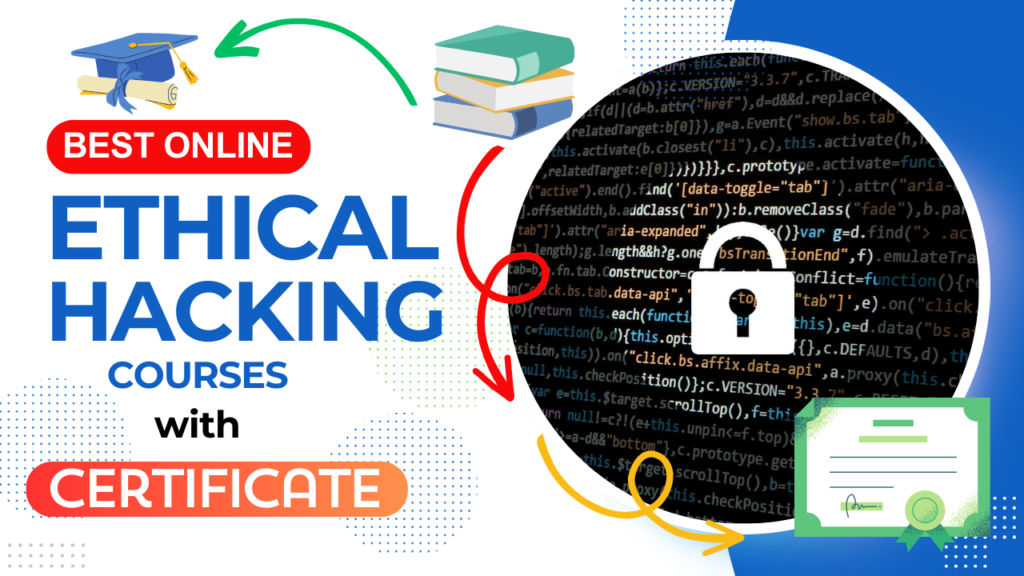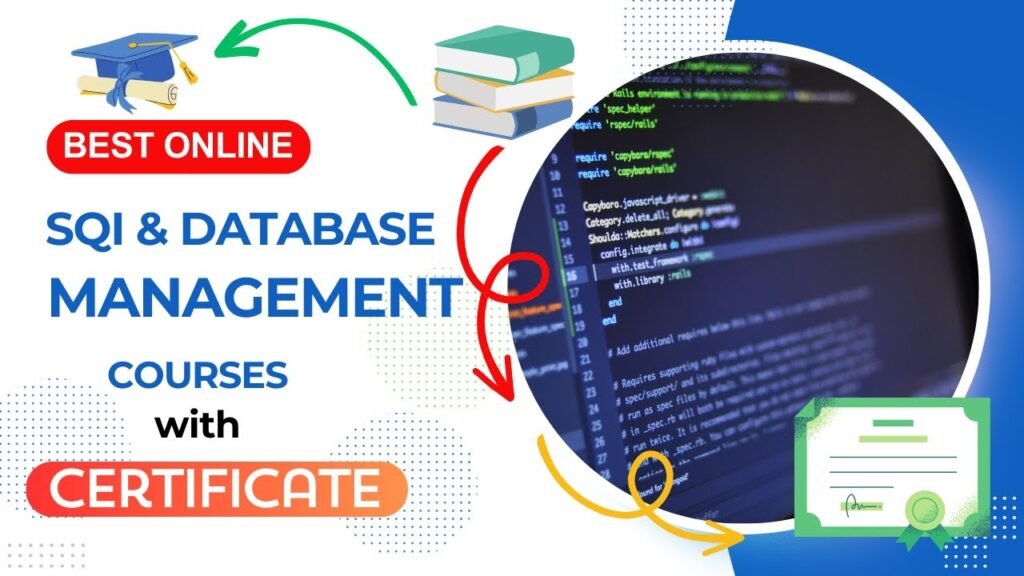Balancing a demanding nursing career with professional development presents unique challenges that even the most dedicated healthcare professionals face. Long shifts, unpredictable schedules, emotional exhaustion, and family responsibilities create obstacles that can derail educational goals before they begin. Many nurses postpone leadership training, believing they lack the time or energy to commit to rigorous study programs.
However, success in nursing education doesn’t require superhuman dedication or unlimited free time. Smart study habits, strategic planning, and effective time management can transform even the busiest nurse into a successful student. The key lies in understanding how to maximise limited study time while maintaining a work-life balance and fulfilling professional responsibilities.
Alison’s free Diploma in Nursing Leadership and Care Management exemplifies accessible education explicitly designed for working healthcare professionals. This comprehensive program recognizes the unique challenges nurses face and provides flexible learning options that accommodate demanding schedules. With the right study strategies, any motivated nurse can successfully complete this valuable credential while maintaining their current professional obligations.
The following seven study hacks represent proven techniques that have helped thousands of nurses successfully complete their leadership education. These strategies are particularly effective for online diploma programs in care management, where self-discipline and effective study habits are more crucial to success than traditional classroom attendance.
Study Hack #1: Establish a Dedicated Study Routine for Your Free Nursing Leadership Diploma Course
Creating Sustainable Study Schedules Around Shift Work
Successful nursing students develop consistent study routines that work with their irregular schedules rather than against them. Start by analysing your typical work patterns over several weeks to identify natural gaps where you feel most alert and focused. Some nurses study best immediately after shifts when information is still fresh, while others prefer morning sessions before starting their workday.
Create a realistic weekly study plan that accounts for shift variations, mandatory overtime, and personal commitments. Rather than committing to daily study sessions that may prove unsustainable, consider longer study blocks on days off or shorter review sessions between shifts. The key is consistency rather than perfection—even 20-30 minutes of focused study can yield significant progress over time.
The free Diploma in Nursing Leadership and Care Management offers perfect flexibility for this approach, allowing students to access materials whenever their schedules permit. The program’s modular structure means you can pause mid-lesson if called to work unexpectedly, then resume exactly where you left off without losing momentum.
Designing Your Optimal Study Environment
Your study environment has a significant impact on learning effectiveness and retention. Choose a quiet space where you can focus without interruptions, such as a dedicated home office, a library corner, or even a quiet break room at work. Ensure adequate lighting, comfortable seating, and all necessary materials are within reach to minimise distractions and maximise concentration.
Consider the psychological benefits of consistently studying in the exact location. Your brain begins to associate this space with focused learning, making it easier to quickly enter a productive mindset. This becomes particularly valuable when study time is limited, and you need to maximize every available minute.
Study Hack #2: Master Bite-Sized Learning for Online Diploma Success
Breaking Down Complex Leadership Concepts
The human brain processes and retains information more effectively when presented in manageable chunks rather than overwhelming volumes. This principle becomes especially important for tired nurses who juggle multiple responsibilities while pursuing their educational goals.
Focus on completing one to two course modules during each study session, rather than attempting to cover entire sections. This approach prevents mental fatigue while ensuring a thorough understanding of each concept before moving forward. Alison’s free Diploma in Nursing Leadership and Care Management organizes content into logical modules perfectly suited for this chunked learning approach.
Strategic Module Sequencing
Plan your learning sequence to maximize retention and practical application. Some students prefer tackling challenging concepts when they’re most alert, while others benefit from starting with easier material to build confidence and momentum. Experiment with different approaches to discover what works best for your learning style and energy patterns.
Consider how different modules relate to your current work responsibilities. If you’re dealing with staff conflicts at work, prioritize conflict resolution modules. If budget discussions are upcoming, focus on resource management sections. This strategic sequencing makes learning immediately relevant and applicable.

Study Hack #3: Leverage Visual Learning Tools for Better Retention
Creating Effective Visual Study Aids
Visual learning techniques can dramatically improve information retention, particularly for complex leadership concepts that involve multiple interconnected ideas. Mind maps work exceptionally well for nursing leadership topics, enabling you to visualise the relationships between various management principles, communication strategies, and quality improvement processes.
Flashcards remain a valuable tool for memorising key terms, theories, and processes. Digital flashcard apps offer convenience for busy nurses, allowing quick review sessions during breaks, commutes, or quiet moments at work. Include real-world examples on your flashcards to strengthen connections between theoretical concepts and practical applications.
Charts and diagrams help organize complex information hierarchically, making it easier to understand reporting structures, decision-making processes, and quality improvement cycles. Create your own visual aids rather than relying solely on course materials—the act of creating reinforces learning while producing personalised study tools that cater to your needs.
Integrating Visual Elements with Course Materials
The free Diploma in Nursing Leadership and Care Management includes various multimedia elements that support visual learning styles. Utilise video content, downloadable charts, and interactive exercises to reinforce key concepts through multiple sensory channels.
Screenshot important diagrams and concepts for later review, creating a personal library of visual references you can access quickly during study sessions or when applying concepts at work. This technique works particularly well for complex frameworks and step-by-step processes covered in leadership training.
Study Hack #4: Join Nursing Study Communities for Accountability and Support
Building Professional Learning Networks
Peer support transforms solitary study into collaborative learning experiences that benefit all participants. Join online forums, social media groups, and professional organisations dedicated to nursing leadership development. These communities provide opportunities to discuss challenging concepts, share practical applications, and maintain motivation during difficult periods.
Look for study groups specifically focused on students taking Alison’s free Diploma in Nursing Leadership and Care Management. Fellow students understand the unique challenges of balancing work and education while navigating the specific course requirements and assessments.
Maximizing Community Engagement Benefits
Active participation in study communities yields greater benefits than passive observation. Share your own insights and experiences, ask questions about confusing concepts, and offer support to your peers who are struggling. Teaching others reinforces your own understanding while building valuable professional relationships.
Schedule regular check-ins with study partners to discuss progress, share challenges, and celebrate achievements. This accountability structure helps maintain momentum during busy periods when individual motivation might wane.
Study Hack #5: Master Practice Assessments to Pass Your Free Nursing Leadership Course
Strategic Use of Course Assessments
Regular self-assessment helps identify knowledge gaps before they become problematic during formal evaluations. The free Diploma in Nursing Leadership and Care Management includes comprehensive assessments that provide immediate feedback on your understanding of key concepts.
Take practice quizzes immediately after completing each module while the information is fresh in your memory. Then repeat the same assessments several days later to evaluate retention and identify areas needing additional review. This spaced repetition technique has been shown to significantly improve long-term memory consolidation.
Analyzing Assessment Results for Improved Learning
Don’t simply check your score and move on—analyze each incorrect answer to understand why you missed the question and how to avoid similar mistakes in the future. Pay particular attention to questions that test the application of concepts rather than simple recall, as these better reflect real-world leadership challenges.
Create a mistake log documenting commonly missed concepts and review these areas more frequently. This targeted approach ensures you spend additional time on challenging material rather than repeatedly studying concepts you already understand well.
Also Read: The Role of Observation in Patient Recovery and Care: A Nurse’s Guide to Clinical Observation
Study Hack #6: Connect Learning to Real-World Nursing Leadership Scenarios
Immediate Workplace Application
The most effective learning occurs when students can immediately apply new concepts in their professional environments. Look for opportunities to practice leadership skills, communication techniques, and management principles during your regular work shifts.
Alison’s free Diploma in Nursing Leadership and Care Management emphasises practical applications throughout the curriculum, providing numerous examples of how theoretical concepts are applied in real-world situations. Use these examples as starting points for identifying similar scenarios in your own workplace.
Creating Personal Case Studies
Document challenging situations you encounter at work, then analyze them using frameworks and principles learned in your leadership course. This practice reinforces theoretical learning while developing critical thinking skills essential for effective nursing leadership.
Share these case studies (with appropriate privacy protections) in study groups or professional forums to benefit from diverse perspectives and alternative approaches. This collaborative analysis deepens understanding while building professional networks.
Study Hack #7: Maintain Motivation Through Strategic Progress Rewards
Designing Effective Reward Systems
Motivation naturally fluctuates during extended learning programs, particularly when balancing demanding work schedules with educational goals. Proactive reward systems help maintain enthusiasm and momentum throughout your studies.
Create milestone rewards for completing modules, achieving high assessment scores, or maintaining a consistent study schedule. These rewards don’t need to be expensive—simple pleasures like favourite meals, entertainment activities, or small purchases can provide sufficient motivation boosts.
Celebrating Academic and Professional Growth
Recognition of progress extends beyond course completion to encompass professional development and the application of skills. Celebrate instances where you successfully apply leadership concepts at work, receive positive feedback from colleagues, or feel more confident in challenging situations.
The free Diploma in Nursing Leadership and Care Management provides multiple opportunities for celebrating progress through its modular structure and comprehensive assessment system. Each completed section represents tangible advancement toward your leadership development goals.

Transforming Your Nursing Career Through Strategic Learning
These seven study hacks represent more than simple academic techniques—they form a comprehensive approach to professional development that can transform your nursing career. By implementing these strategies consistently, you’ll not only successfully complete your leadership education but also develop skills that enhance your daily work performance and career advancement opportunities.
Alison’s free Diploma in Nursing Leadership and Care Management provides the perfect platform for implementing these study techniques. The program’s flexible structure, comprehensive content, and practical focus align perfectly with the needs of working healthcare professionals seeking to advance their careers without sacrificing their current responsibilities.
Smart study habits eliminate the barriers that prevent many nurses from pursuing leadership education. Time constraints, energy limitations, and competing priorities become manageable challenges rather than insurmountable obstacles when approached strategically.
The nursing profession desperately needs skilled leaders who understand both clinical excellence and management principles. By completing the free Diploma in Nursing Leadership and Care Management, you’ll position yourself among this select group of professionals prepared to guide healthcare teams through increasingly complex challenges.
Start applying these study hacks today and complete your leadership diploma confidently. Enrol now on Alison for free and begin your transformation from bedside nurse to healthcare leader. Your patients, colleagues, and career will benefit from the comprehensive leadership skills you’ll develop through strategic learning and consistent application of these proven study techniques.




